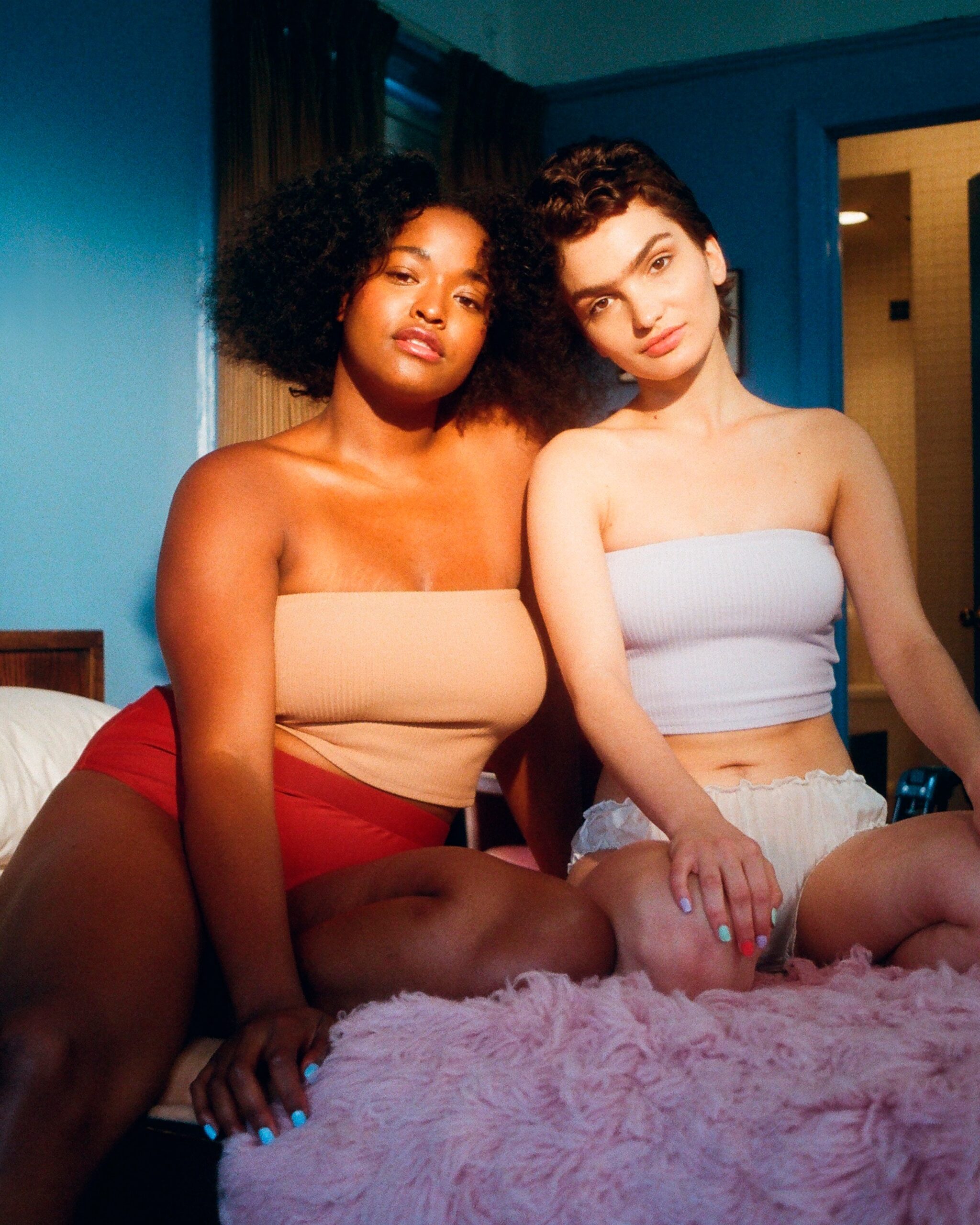There is no question that social media is a huge part of our world and our everyday lives. We have moved into a life where anything that you could imagine is available at the tip of your fingers, twenty-four-seven, three-sixty-five.

The number of social media websites is always growing and becoming more and more accessible. Social media platforms have become a place for anyone and everyone to show off and brag. Posting the best-looking “selfie”, your custom Starbucks order, your nice car, your new clothing purchase, and your extravagant vacations. “Selfies” have become a huge part of our culture, to the point where there is a national selfie day on June 21st.
The Wall Street Journal did a poll where they asked their readers how young their children starting using their own social media accounts. On average they started to use social media between the ages of eight to thirteen.
Let’s look at the Kardashian/Jenner family as an example, they are one of the most influential families in the world. Each of them caters to a different age group – from young teen girls to women in their twenties and thirties and to women upwards of seventy.
It is no secret that we all dream of having long dark silky hair, perfectly airbrushed skin, perfectly toned thin bodies, long luxurious eyelashes, perfectly manicured nails, and the lifestyles of the rich and famous. Many of us idolize all this type of life and everything that comes with it, even though it is not realistic.
There was a study done, where images on Instagram were shown to a group of women. A large body of research has documented that exposure to images of thin fashion models contributes to women’s body dissatisfaction. With social media being so easily accessible and never-ending we are constantly comparing ourselves to the bodies and lifestyles we see. There is so much pressure to have thin long legs, a thigh gap, a flat toned stomach, and a sharp jawline.
Unrealistic body types are so widely praised by immense amounts of likes, pages and pages of comments and countless amounts of shares by brands. Research has shown that exposure to celebrity and peer images increased negative mood and body dissatisfaction. This was induced by state appearance comparison. It has been proven that exposure to attractive celebrities and peer images can be detrimental to body image.
Children ages eight to thirteen are creating social media accounts now. Workout videos, constant bikini pictures, and duck face selfies send a bad message to young women. This sends the message that they need to have all these things in life to be beautiful, that they cannot feel beautiful otherwise.
How will social media have an impact on young women? Are we creating a healthy and realistic view of what being beautiful and well-liked means? How will what we are portraying resonate with women everywhere, of all ages?
Published by HOLR Magazine.


